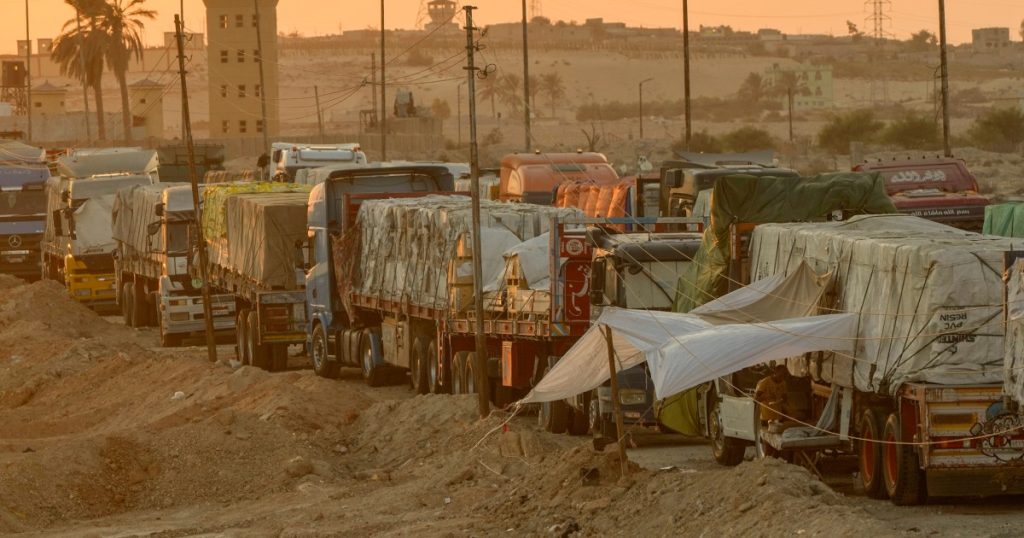The content describes a deadly Israeli strike on a tent camp in Gaza housing Palestinians displaced by the war, resulting in at least 40 deaths and 60 injuries. This strike was one of the deadliest in Mawasi, a humanitarian zone designated by Israel for civilians seeking shelter during the conflict. The Civil Defense, who operate under the Hamas-run government, recovered 40 bodies from the strike, with entire families killed in their tents. The Israeli military claimed they targeted significant Hamas militants in a command-and-control center, using precise munitions to avoid civilian casualties, while Hamas denied any militants were in the area. The war has displaced 90% of Gaza’s population, creating a humanitarian crisis.
The destruction caused by the ongoing conflict in Gaza has led to over 40,000 Palestinian deaths, with the Health Ministry not differentiating between fighters and civilians in its count. Hamas-led militants killed around 1,200 people, mostly civilians, in their initial attack on October 7, leading to the abduction of 250 people, with around 100 still being held hostage. Efforts by the United States, Egypt, and Qatar to broker a ceasefire and secure the release of hostages have repeatedly stalled, with Israel and Hamas accusing each other of making new and unacceptable demands. The war has intensified the humanitarian crisis in Gaza, with aid groups struggling to provide assistance due to ongoing fighting, Israeli restrictions, and a breakdown of law and order.
The international authority on hunger crises has warned that Gaza is at high risk of famine due to the conflict. Amidst this crisis, the main United Nations agency providing aid to Palestinians faced obstacles as Israeli troops stopped a convoy involved in a polio vaccination campaign for over eight hours, despite coordination with the military. The convoy, which intended to vaccinate 640,000 children during the war which has destroyed the healthcare system, was halted at gunpoint with threats to detain UN staff. The complications in providing aid further exacerbate the dire situation faced by the residents of Gaza, with the breakdown of law and order and ongoing fighting making it difficult for humanitarian groups to operate effectively.
The Israeli-Palestinian conflict has resulted in widespread damage and displacement, with civilians bearing the brunt of the violence. The Israeli military’s claims of targeting militants and avoiding civilian casualties are disputed by Hamas, adding to the complexities of the situation and hindering efforts to resolve the conflict. The repeated breakdown of ceasefire negotiations reflects the deep-rooted animosity and mistrust between the two sides, leading to a prolonged and devastating conflict. The blockade imposed by Israel on Gaza has further exacerbated the humanitarian crisis, making it challenging for aid groups to provide essential services in the region.
The toll of the conflict on civilians, including women and children, is evident in the high number of casualties and displacement. The lack of access to medical care, vaccinations, and other basic services has left the population vulnerable to disease and famine, worsening an already dire situation. The international community’s efforts to mediate and provide aid are hindered by the ongoing violence and political stalemate between Israel and Hamas. As the conflict persists, it is imperative for all parties involved to prioritize the safety and well-being of civilians and work towards a lasting peace agreement that addresses the root causes of the conflict and ensures stability and security for all residents of the region.


